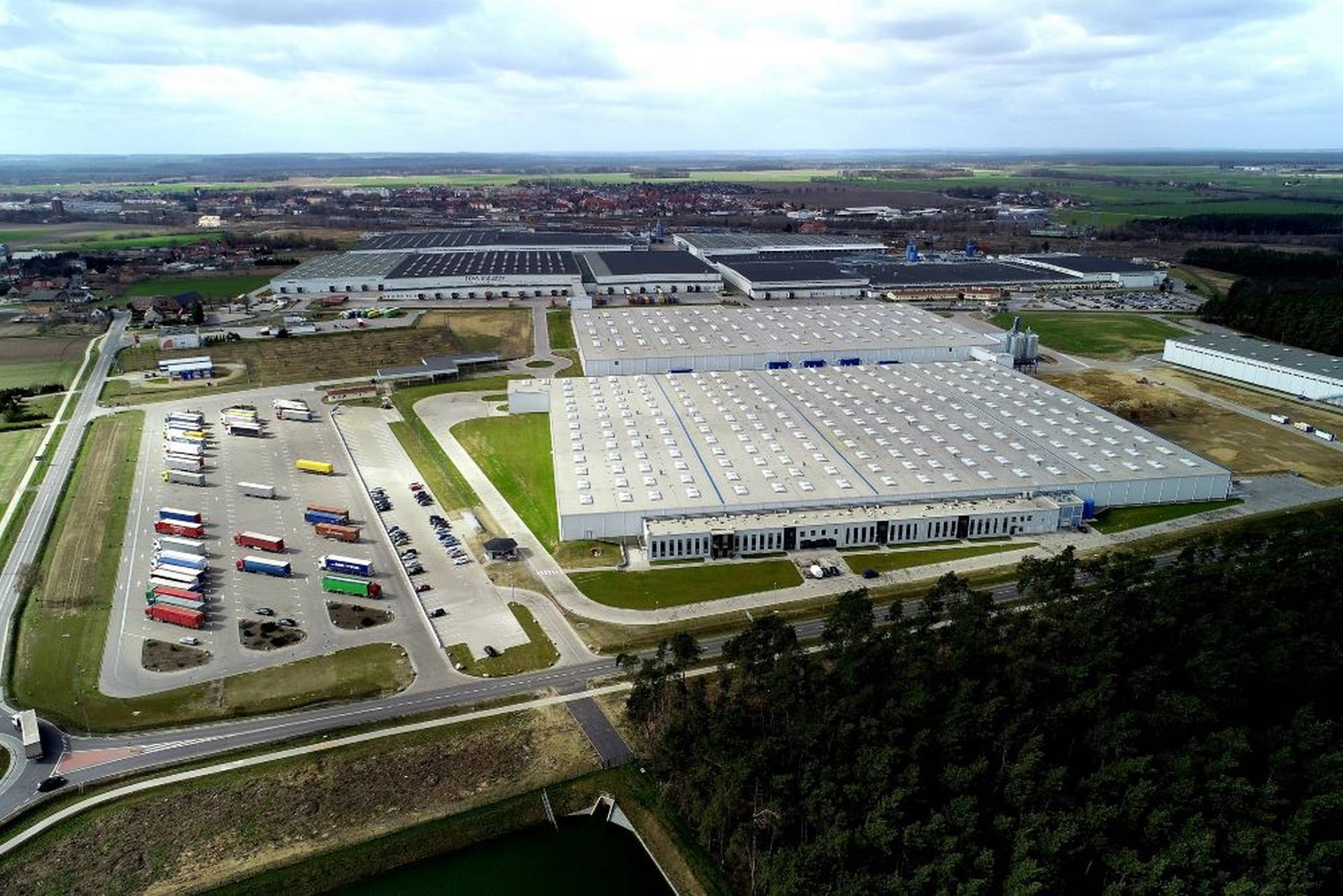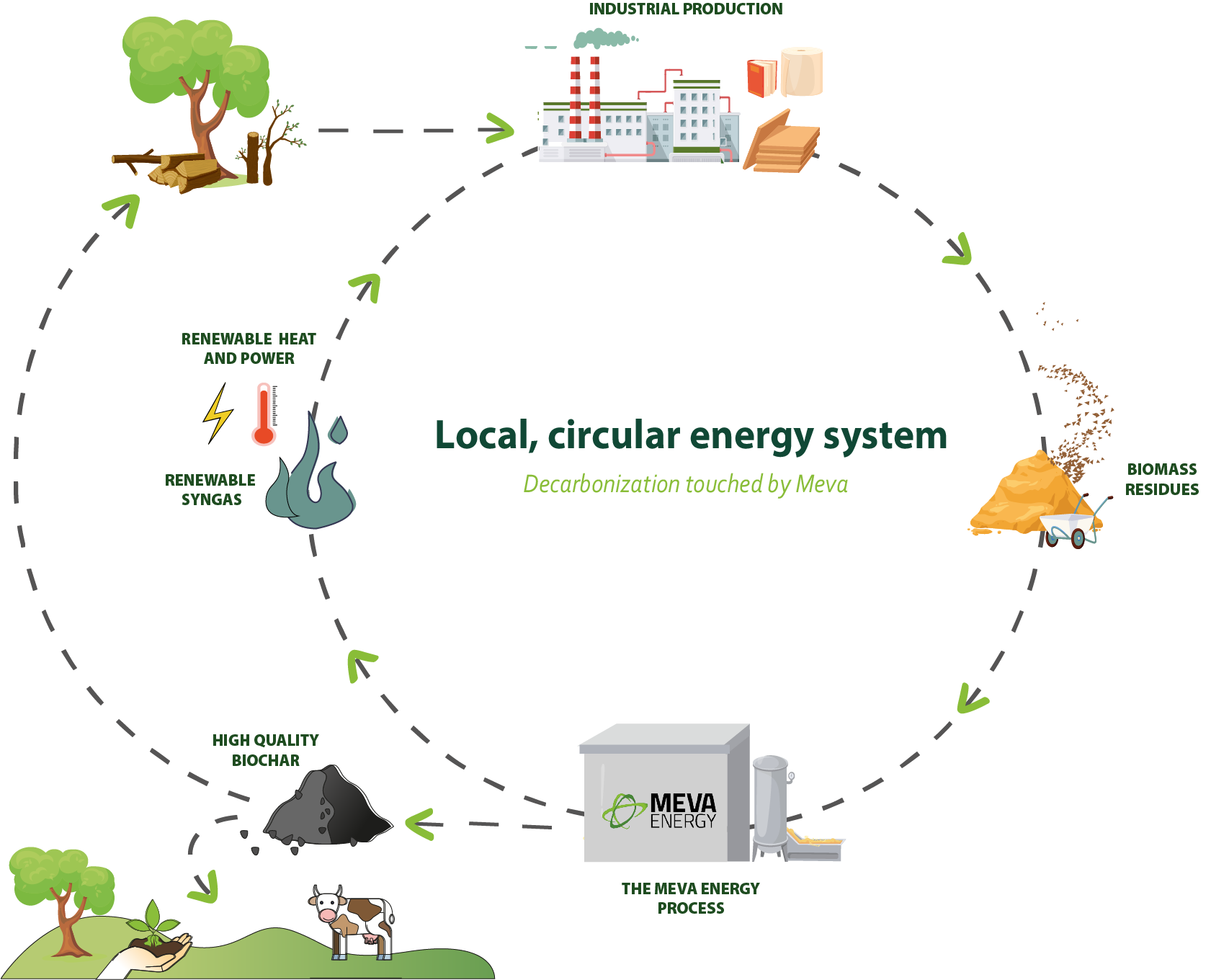Green furniture production,
20,000
Tons CO2 reduction/year
2,8
MW Renewable power
2026
Startup
The Home of Tomorrow
Industrial production processes, such as engineered wood and furniture manufacturing generate large amounts of fine fraction biomass residues. Meva Energy’s thermochemical conversion technology converts biogenic waste streams such as sawdust and residual fiber from MDF and chipboard production into renewable, green gas. The gas can then be used to run a power plant or to replace fossil gas in an industrial application. The system also produces biochar, a stable form of carbon that can be for example be used for soil improvement, thereby creating a carbon sink in the soil.
Learn more
IKEA industry: Shaping the future of furniture production
FROM WASTE TO PROFIT!
By using Meva Energys unique gasification technology to convert low value biomass residues to renewable power at site and a local, circular energy system can be created.
Fighting EMISSIONS
Learn more
Are you exploring ways to decarbonize your energy supply?
Reach out to us to discuss how our gasification technology can help lower emissions in your production. We’ll work closely with you to provide customized calculations and feasibility studies, ensuring a solution that fits your specific needs. From the initial assessment to full implementation, we’ll be there to guide and support you every step of the way.


